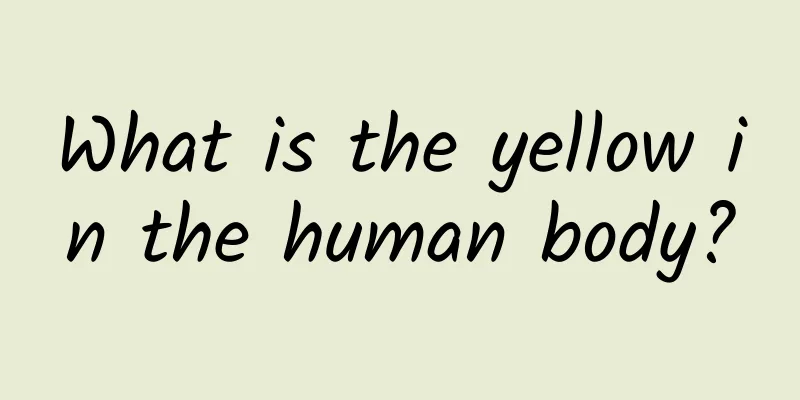What are the symptoms of cerebral palsy in babies?

|
Every parent hopes that their child will be born healthy. However, some babies are diagnosed with cerebral palsy after birth. This makes many parents very sad, so what are the symptoms of cerebral palsy in babies? Symptoms of cerebral palsy The clinical manifestations of cerebral palsy are varied, mainly: (1) Early symptoms: ① Psychiatric symptoms: excessive irritability, frequent and continuous crying, difficulty falling asleep, violent reaction to sudden noises and changes in body position, shaking whole body, crying as if frightened. ② Feeding difficulties: manifested as uncoordinated sucking and swallowing, and slow weight gain. ③ Difficulty in care: It is difficult to put the arms into the sleeves when dressing, it is difficult to separate the thighs when changing diapers, and when bathing, as soon as the feet touch the edge of the bathtub or the water surface, the baby's back immediately becomes stiff and arched, accompanied by crying. (2) Main symptoms: ① Movement disorders: poor motor self-control ability. In severe cases, the hands cannot grasp things, the feet cannot walk, and some cannot even turn over, sit up, stand, chew and swallow normally. ② Postural disorders: various abnormal postures, poor posture stability, the head cannot be upright after 3 months, and is accustomed to leaning to one side, or shaking left and right, front and back. The child does not like to take a bath and has difficulty opening his fist when washing his hands. ③ Intellectual disability: About 1/4 of the children have normal intelligence, about 1/2 have mild to moderate intellectual disability, and about 1/4 have severe intellectual disability. ④ Language barriers: difficulty in language expression, unclear pronunciation or stuttering. ⑤ Visual and auditory impairment: esotropia and difficulty in distinguishing the rhythm of sounds are the most common. ⑥ Growth and development disorders: dwarfism. ⑦ Tooth development disorder: loose texture and easy to break. Orofacial dysfunction, with spasms or sometimes uncoordinated contractions of the facial and tongue muscles, difficulty chewing and swallowing, difficulty closing the mouth, and drooling. ⑧ Emotional and behavioral disorders: stubbornness, willfulness, irritability, withdrawal, mood swings, and sometimes compulsive, self-harming, and aggressive behaviors. ⑨39% to 50% of children with cerebral palsy develop epilepsy due to fixed lesions in the brain, especially those with severe intellectual disability. |
<<: What are the dangers of left ovarian cyst? Is it serious?
>>: How to treat ophthalmoplegia?
Recommend
Can I still ovulate if my follicles are shrinking?
Women's menstrual period is regular, so ovula...
The three-character classic of health preservation summarized by the old Chinese medicine doctor is enough for you to use for a lifetime
An old Chinese doctor has summarized a three-char...
What are the symptoms of baby's intestinal gas
Every newborn is a gift from God to its mother. O...
The efficacy and function of mulberry root
In our lives, many people like to eat mulberries....
What are the effects, functions and ways to eat red ginseng?
Red ginseng is a traditional Chinese medicinal ma...
What causes frequent mouth ulcers?
Oral ulcers are very common in our lives and almo...
Can pregnancy be detected in 7 days?
Because women do not experience menstruation when...
What are the treatments for scleroderma?
Scleroderma is a common connective tissue disease...
How effective is TCM treatment for infertility?
Many people often suffer from infertility in thei...
What are the effects of traditional Chinese medicine in treating laryngeal cancer?
Laryngeal cancer is a malignant tumor originating...
Does Wuwei Xiaodu Yin treat acne?
Wuwei Xiaodu Yin is a common Chinese medicine pre...
Why is my scrotum wet? What causes scrotal moisture?
There are many reasons for the moisture and itchi...
What to do if your child has a fever and red spots all over his body
When a child has a fever, it is easy for red spot...
Left lung cystadenoma
Our lungs are very important respiratory organs i...
The efficacy and function of chicken shit skin
Traditional Chinese medicine, as China's prou...









